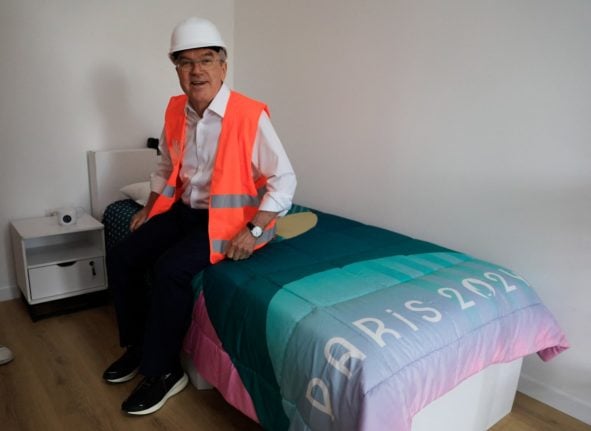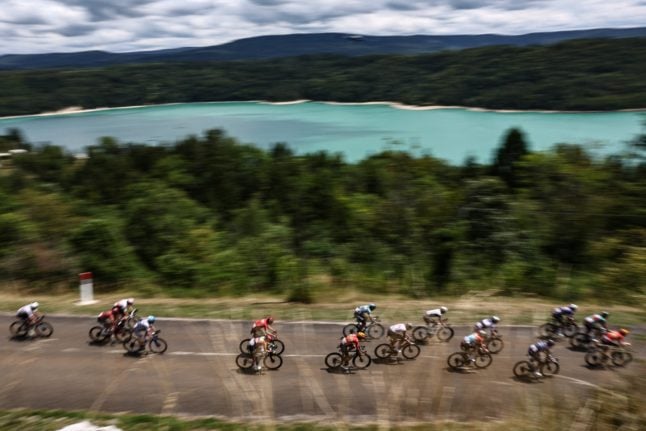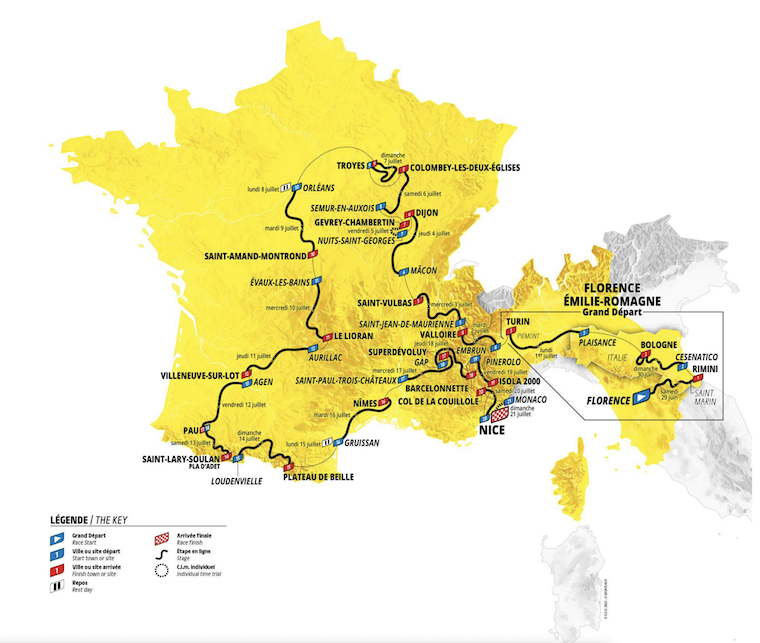The clarification came after fresh reports that the beds, manufactured by Japanese company Airweave and already used during the Tokyo 2020 Games, were to deter athletes from jumping under the covers together in the City of Love.
“We know the media has had a lot of fun with this story since Tokyo 2020, but for Paris 2024 the choice of these beds for the Olympic and Paralympic Village is primarily linked to a wider ambition to ensure minimal environmental impact and a second life for all equipment,” a spokesman for the Paris Games told AFP.
The bed bases are made from recycled cardboard, but during a demonstration in July last year Airweave founder Motokuni Takaoka jumped on one of them and stressed that they “can support several people on top”.
The Paris Games spokesman underlined that “the quality of the furniture has been rigorously tested to ensure it is robust, comfortable and appropriate for all the athletes who will use it, and who span a very broad range of body types – from gymnasts to judokas”.
The fully modular Airweave beds can be customised to accommodate long and large body sizes, with the mattresses — made out of resin fibre — available with different firmness levels.
After the Games, the bed frames will be recycled while the mattresses and pillows will be donated to schools or associations.
Athletes will sleep in single beds, two or three to a room, in the village, a newly built complex close to the main athletics stadium in a northern suburb of the capital.
A report this week in the New York Post tabloid entitled “‘Anti-sex’ beds have arrived at Paris Olympics” was reported by other media and widely circulated on social media.
Similar claims went viral before the Tokyo Olympics, sometimes fanned by athletes themselves.
To debunk them, Irish gymnast Rhys McClenaghan filmed a video of himself jumping repeatedly on a bed to demonstrate their solidity.
At those Games, during the coronavirus pandemic, organisers, however, urged athletes to “avoid unnecessary forms of physical contact”.
In March, Laurent Dalard, in charge of first aid and health services at Paris 2024, said around 200,000 condoms for men and 20,000 for women will be made available at the athletes’ village during the Games.




 Please whitelist us to continue reading.
Please whitelist us to continue reading.
Member comments